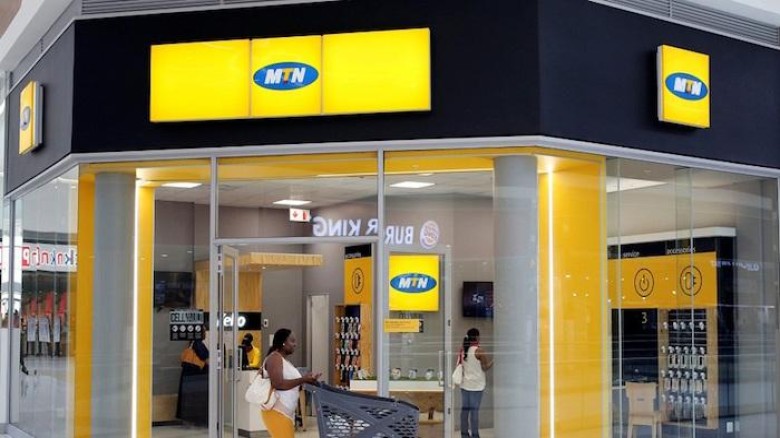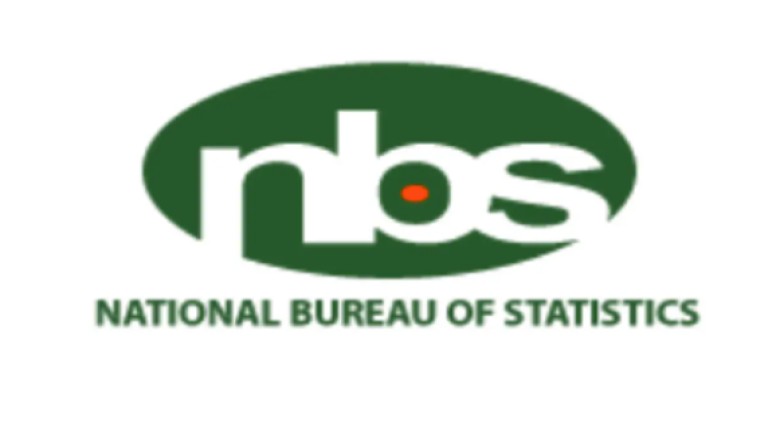Five banks budget N222bn for cybersecurity
Financial institutions that have begun raising capital have stated that they plan to invest $1.20 billion of the proceeds in technology and cybersecurity infrastructure.This was stated in the offer prospectus of five lenders that have begun a capital raise to meet the Central Bank of Nigeria's new capital requirement.
In late March, the CBN announced new capital requirements for banks in the country.
The apex bank directed commercial banks with international authorisation to increase their capital base to N500 billion, national banks to N200 billion, and regional banks to achieve a capital floor of N50 billion.
#endbadgovernanceinnigeria Day 2: A Little Boy Was Spotted At The Ojota Protest Ground Today 0:00 / 0:00
The CBN gave financial institutions two years to meet the target and three options: additional capital, mergers and acquisitions, and license upgrades or downgrades. According to PwC, there is a significant capital shortfall of N4.2 trillion across all licence categories, accounting for up to 35% of the new minimum capital.
According to an examination of the offering documents, Guaranty Trust Holding Company had the most money set aside for technological investment.
GTCO offered nine billion ordinary shares of 50 each at N44.50 per share, with the goal of raising approximately N400.50 billion.
The holding company stated that 94.3 percent (N370 billion) of its net proceeds (N392.49 billion) would be used to recapitalize its banking subsidiary, GTBank, with the remaining 5.7% used to acquire pension fund administration and asset management businesses.
According to the offer document, GTBank intends to spend N98.50 billion (26.6 percent) of the net offer proceeds on technology infrastructure upgrades, with the majority going toward "core banking application implementation, associated hardware infrastructure, network architecture, and ancillary costs related to optimisation of data centre/disaster recovery centre."
Meanwhile, information security and fraud prevention and detection software receives approximately N15 billion (4.1 percent of the net proceeds).
Access Holdings stated that 20% of the net proceeds from its rights offering (N343.09 billion) would be invested in IT infrastructure upgrades and development.
Around N41.17 billion would be invested in network infrastructure and N27.48 billion in cybersecurity capabilities, bringing the total IT spend to N68.62 billion.
A significant portion of the net proceeds (N223.01 billion) would be used to expand local and international businesses.
Zenith Bank Plc stated that the proceeds of its offering would "enable the bank to conclude the overhaul of its information technology infrastructure and provide additional working capital to support its expanding operations and enable the Bank to take maximum advantage of emerging opportunities".
Zenith Bank stated that it intends to spend approximately 20% of the net proceeds, N99.27 billion, or N19.85 billion, on technology investments.
Zenith Bank planned to spend N8.93 billion on computer hardware/servers, N3.97 billion on software licenses, registration, and network infrastructure upgrades, and an additional N2.98 billion on cybersecurity architecture/software.
Fidelity Bank, which has closed its offering, planned to invest approximately N19.01 billion in IT infrastructure, accounting for roughly 20% of the net proceeds from the offering.
The bank, which raised approximately N127 billion in its combined offer, stated that it planned to invest N9.03 billion in cybersecurity capabilities, N7.60 billion in software licenses and hardware, and an additional N2.38 billion in network infrastructure.
FCMB Group has the smallest budget for technology among the five banks reviewed, at N16.22 billion (15 percent of net proceeds). About N11 billion would be spent on upgrading its information technology infrastructure, with N5.23 billion invested in cybersecurity capabilities.
Fresh IT infrastructure budgets are being allocated in response to a recent surge in attacks on banks' technology infrastructure, which has resulted in financial losses and legal action.
GTB also confirmed a few days ago that an attempt was made to compromise its website, preventing customers from accessing online services.
The bank assured its customers via email that the hacking attempt was unsuccessful and that its website had not been cloned.
"While there was an isolated incident of an attempt to compromise our website domain, we would like to reassure our customers and stakeholders that the bank's website has not been cloned and that we do not store customer information on our website, and as such, there has been no instance of compromise of customer data," according to the statement from GTB.
The International Monetary Fund's Global Financial Stability Report in April indicated that the risk of extreme losses from cyber incidents was rising.
"Such losses could cause funding issues for businesses and even jeopardise their solvency. The size of these extreme losses has more than quadrupled since 2017, reaching $2.5 billion, while indirect losses such as reputational damage or security upgrades are significantly higher," according to another IMF report.
Meanwhile, the reviewed banks intend to spend approximately N22.94 billion on offer costs, raising a total of N1.06 trillion.
Stamp duty, spending on underwriting, legal, accounting, printing, distribution, filing, and registration fees, marketing and advertising expenses, and other miscellaneous expenses are all included in the cost of the offer.
























Leave A Comment